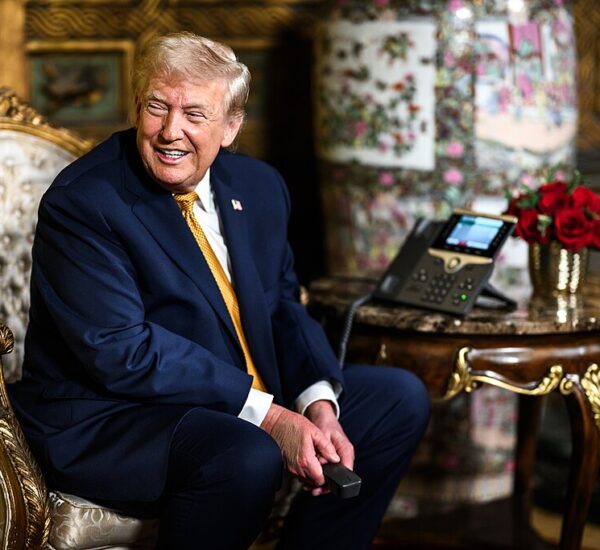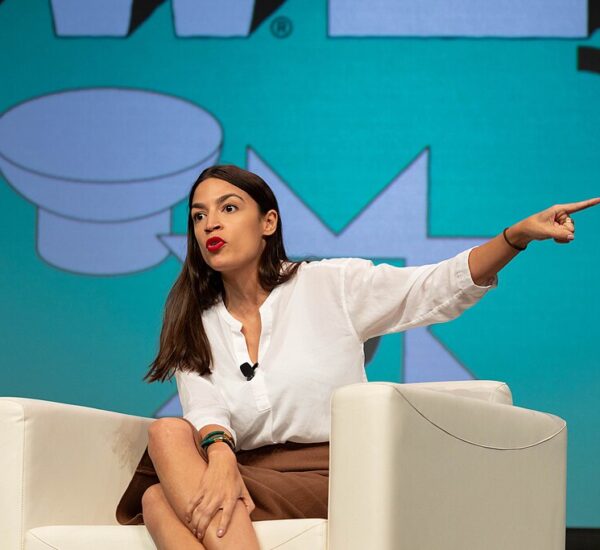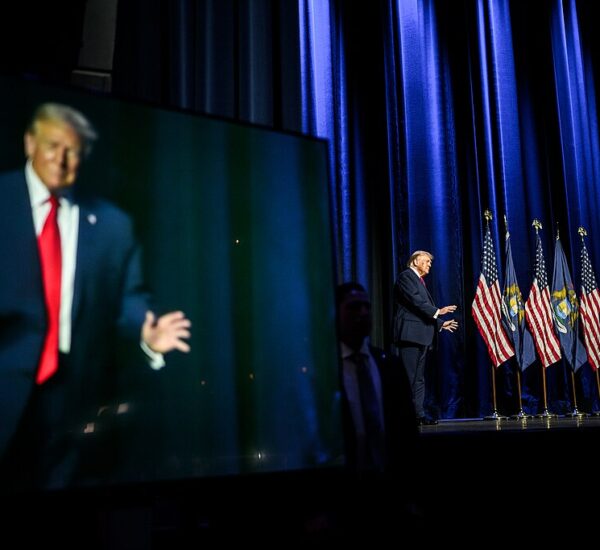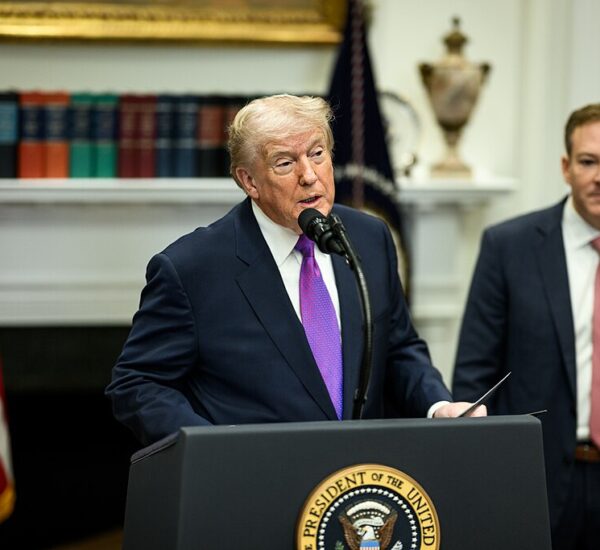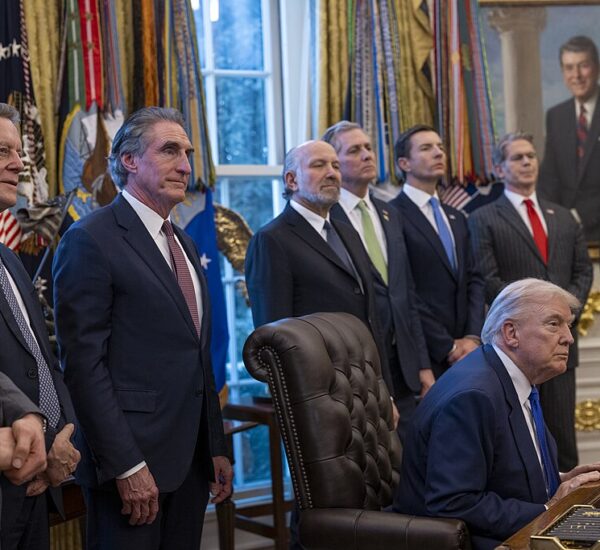Democrats Accuses Trump Of Controlling Who?
House Minority Leader Hakeem Jeffries (D-N.Y.) recently accused the Trump administration of dismissing criminal charges against New York City Mayor Eric Adams in an effort to exert political influence over him. Jeffries claimed that the White House’s decision to drop the charges was strategic, asserting that the move was aimed at keeping Mayor Adams under control.
“It’s clear that the White House chose to dismiss the charges without prejudice,” Jeffries told reporters in Washington. “In other words, the Trump administration is trying to keep Mayor Adams on a tight leash.”
The controversy surrounding Adams intensified after he was indicted last September on federal charges of bribery and campaign finance violations. Though Jeffries had largely refrained from commenting on the matter, as the case unfolded, he began to voice concerns, particularly in response to the Trump administration’s intervention. According to Jeffries, many of his constituents and fellow lawmakers are questioning Adams’s ability to serve due to the scandal.
“There are legitimate concerns being expressed by my colleagues in Congress, and most importantly, by the people I represent in Brooklyn,” Jeffries noted. “They are deeply alarmed by what’s unfolding with Mayor Adams.”
Adams, a former Brooklyn borough president and the current mayor, has been criticized by members of his own party, including Rep. Alexandria Ocasio-Cortez (D-N.Y.), who called for his resignation even before the federal charges were brought to light. Despite the allegations, Adams has maintained his innocence, all while making controversial political moves. The mayor made headlines when he broke from Democratic lines to publicly defend Donald Trump before the 2024 election and even hinted at the possibility of switching parties.
Many critics, particularly those in the GOP, believe Adams is trying to align himself with Trump to secure political protection. Trump’s Justice Department recently moved to have the charges against him dismissed, claiming they were politically motivated. The dismissal followed Adams’s vocal opposition to certain immigration policies under the previous administration, raising further suspicions of a political quid pro quo.
Jeffries suggested that Adams’s future as mayor now hinges on how he responds to the Trump administration’s actions. “The way Mayor Adams reacts to these developments will play a crucial role in shaping his political future in New York,” Jeffries concluded.
From a Republican perspective, this situation presents a clear example of how political maneuvering and loyalty can dictate the fate of public officials. Many would argue that Adams’s attempts to cozy up to Trump, a leader known for rewarding political loyalty, may have been his best strategy to avoid the consequences of the charges against him. If anything, the way this case unfolds could reveal much about the broader political dynamics at play in New York and beyond.

